
- calendar_month August 18, 2023
- folder Staying Safe
Sharing Tags
Be Prepared, Home Protection, Hurricane Hillary, Hurricane Prep, Hurricane Safety, JohnHart, JohnHart Real Estate, Nathan Derry, Nathan Derry Realty, Natural Disaster, Safety Tips, Stay Safe, Storm Preparedness, Storm Readiness, Tropical Storm Safety
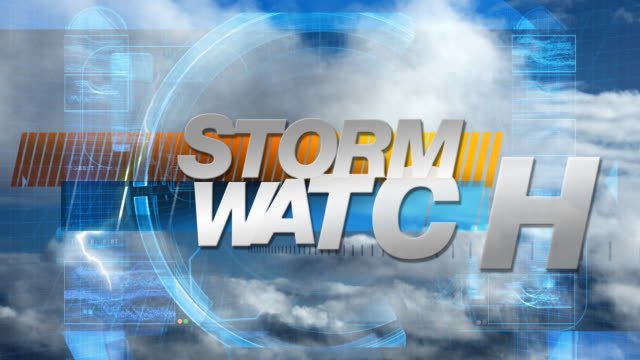
As tropical storm Hilary approaches with its forecasted 80+ mph winds and potential for flooding, it's crucial to be well-prepared to ensure the safety of yourself, your loved ones, and your property. This informative blog will guide you through essential steps to get ready for the storm's impact and minimize potential damage.
Hurricanes are nature's juggernauts, combining multiple threats into one destructive force. Their fierce winds, storm surges, torrential rains, and potential for spawning tornadoes make them incredibly dangerous. The havoc they wreak on infrastructure, economies, and lives underscores the importance of preparedness and heeding evacuation warnings. Respect for their power and knowledge of their risks are key to minimizing the devastating impact of these natural phenomena.
- Hurricane Hilary has strengthened to a Category 4 storm as it churns off Mexico's Pacific coast, forecasters said.
- The system could bring "catastrophic and life-threatening flooding" over Baja California and the Southwestern U.S. through early next week, the National Weather Service said.
- The Federal Emergency Management Agency has pre-positioned staff and supplies in Southern California, President Joe Biden told reporters at Camp David.
- No tropical storm has made landfall in Southern California since Sept. 25, 1939, according to the National Weather Service.
Stay Informed

Regularly monitor updates from trusted weather sources, such as the National Hurricane Center or your local meteorological agency. Stay tuned to weather forecasts, storm advisories, and emergency alerts to stay ahead of the situation.
Create an Emergency Kit
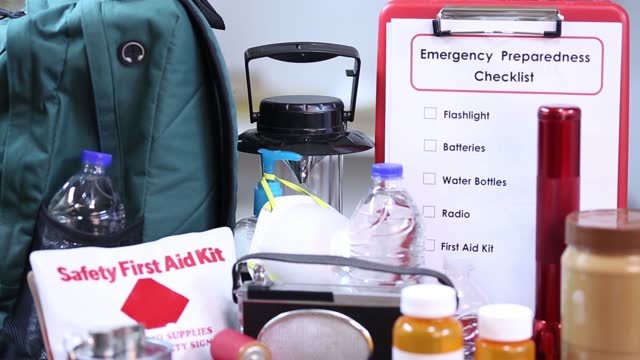
Prepare an emergency kit that includes essential supplies like non-perishable food, bottled water, batteries, flashlights, a first aid kit, prescription medications, important documents, and personal hygiene items. Make sure the kit is easily accessible and ready to go. During and after a hurricane, healthcare services can be compromised, and contaminated water supplies can lead to the spread of diseases. The mental health of affected individuals can also be severely impacted due to the trauma of the disaster.
Secure Outdoor Items
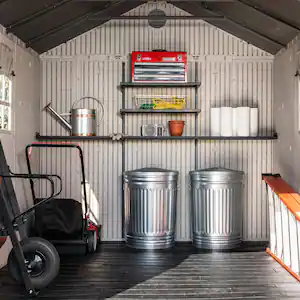
Strong winds can turn outdoor items into hazards. Secure or move patio furniture, toys, and plants indoors to prevent them from becoming projectiles. If possible, anchor or tie down larger items.
Reinforce Doors and Windows

Strengthen windows and doors with storm shutters, sturdy plywood, or impact-resistant glass. These measures can help prevent shattered windows and minimize water intrusion.
Elevate Belongings

If your area is prone to flooding, elevate valuable belongings off the ground. Place important documents, electronics, and sentimental items on higher shelves or in waterproof containers.
Stock Up on Supplies

In addition to your emergency kit, gather supplies that can sustain you for several days, including non-perishable food, drinking water, prescription medications, baby supplies, and pet necessities.
Evacuation Plan
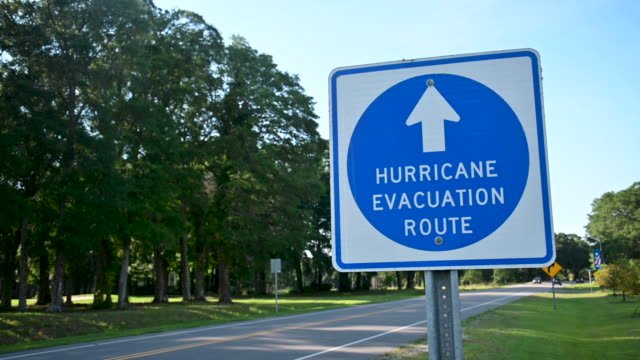
Familiarize yourself with evacuation routes and shelters in your area. Plan where you'll go if an evacuation is necessary and make sure all family members know the plan.Coordinating evacuations from hurricane-affected areas can be complex. Limited transportation, traffic congestion, and the need to find shelter create significant challenges for those attempting to escape the storm's path.
Communication Plan

Stay connected with family and friends during the storm. Make sure everyone has charged cell phones, backup batteries, and a designated meeting point in case of separation.
Battery-Powered Devices
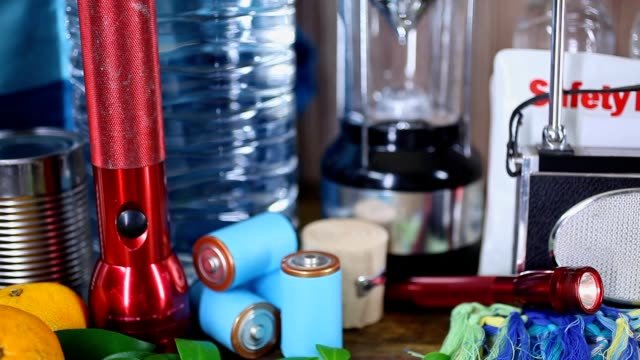
Invest in a battery-operated weather radio to receive real-time updates on the storm's progress. Ensure your cell phone is charged and consider a portable charger. Strong hurricane winds can topple power lines, damage transformers, and disrupt power distribution. This often results in widespread power outages, affecting everything from communication systems to essential medical facilities.
Home Protection
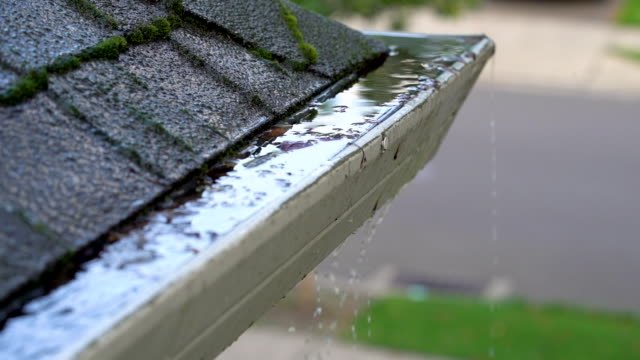
Clear gutters and drains to prevent water from pooling around your property. If flooding is a concern, consider using sandbags to redirect water away from vulnerable areas.
Important Documents


Gather essential documents such as insurance policies, IDs, medical records, and property deeds. Keep them in a waterproof container as part of your emergency kit.
Follow Official Instructions

Stay informed about evacuation orders and other directives from local authorities. Always follow their guidance to ensure your safety and the safety of others.
Preparing for a tropical storm requires a combination of vigilance, planning, and readiness. By following these steps and staying informed, you can enhance your safety and minimize potential risks during the impact of tropical storm Hillary. Stay safe, stay prepared!
